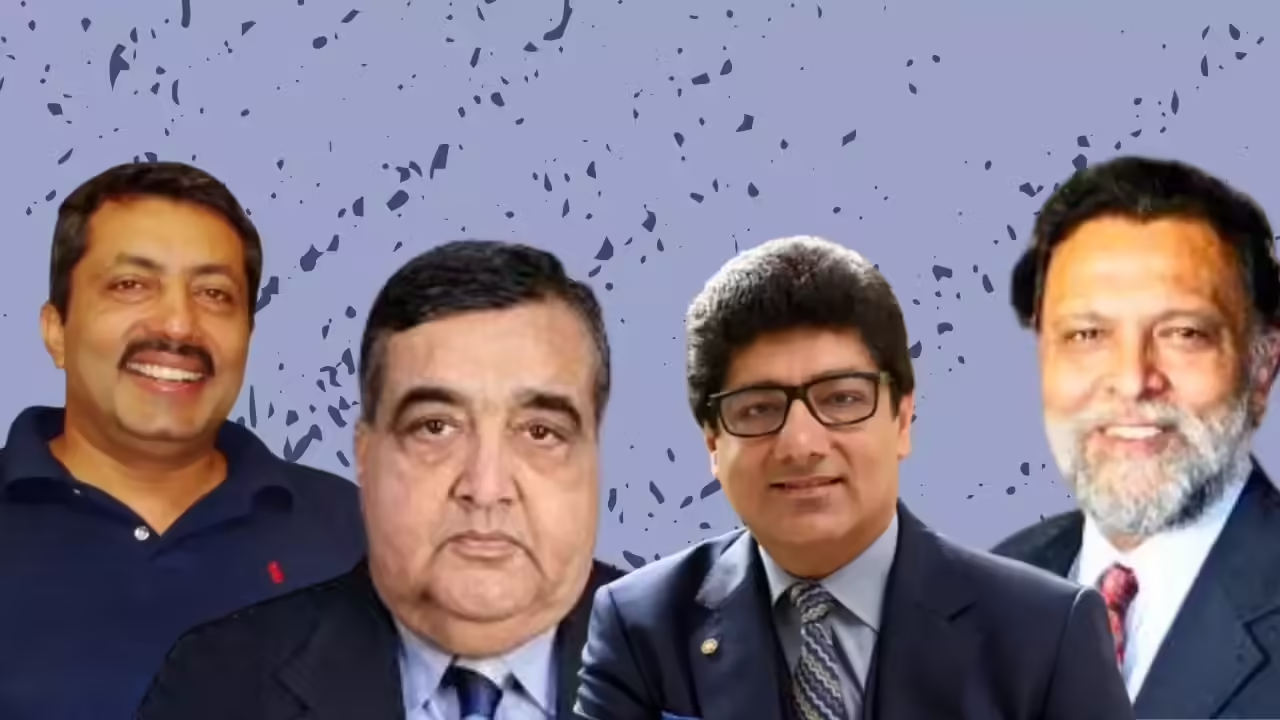India is gearing up for a significant shift in its tourism landscape with an ambitious roadmap to create a $3 trillion tourism economy by 2047. This initiative, launched at the FAITH Conclave 2025 in New Delhi, marks a key moment for the nation’s travel and tourism sector and sets the stage for a transformative journey.
Overview of the FAITH Conclave 2025
The FAITH Conclave 2025 is India’s most significant post-pandemic tourism policy event scheduled for August 12–13 at The Taj Palace, New Delhi. Under the theme “Indian Tourism: Invincible Spirit!”, the conclave aims to unite government officials and leaders from the industry to co-create a robust tourism strategy. This effort is instrumental in aligning various stakeholders to support the $3 trillion goal.
Key Objectives of the Conclave
One of the pivotal aims of the conclave is setting forth reforms to enhance India’s tourism framework. The objectives include:
- Positioning India among the world’s top five tourism economies.
- Granting tourism export industry status.
- Establishing a country-specific inbound strategy.
- Rationalizing Goods and Services Tax (GST) across tourism segments.
- Fostering cohesion between the Centre, State, and Industry.
Emphasis on Diverse Tourism Circuits
There is a notable focus on promoting India’s rural, wellness, and spiritual tourism. Moreover, the conclave underscores the necessity for destination-specific infrastructure and creating a cohesive national brand that reflects India’s unique identity on a global scale.
Distinguished Dignitaries and Key Players
The event boasts a robust lineup of dignitaries such as:
- Gajendra Singh Shekhawat – Hon’ble Union Minister for Tourism.
- Jyotiraditya Scindia – Hon’ble Minister for DONER.
- Rohan Khaunte – Hon’ble Tourism Minister of Goa.
- Notable industry figures like Amitabh Kant and Puneet Chhatwal.
With representatives from eleven critical tourism associations, the conclave assures that every voice contributes to shaping India’s future in tourism. Echoing the sentiment expressed by the Hon’ble Prime Minister, the theme resonates with the notion that while “Terrorism divides, tourism unites,” thus establishing tourism as a vital unifier within India’s socio-economic framework.
Impact on the Tourism Industry
The collective vision articulated at the conclave seeks to achieve a target of 100 million foreign arrivals and 20 billion domestic visits by 2047. This expansive vision reimagines tourism as a catalyst for holistic development, potentially boosting various sectors including transportation, hospitality, and local economies.
Tourism as a Growth Engine
As tourism continues to flourish, the implications for connected services—especially in the realms of transportation—are immense. Enhanced travel demands will likely increase the need for reliable taxi and transfer services. This means that platforms like GetTransfer.com can play a pivotal role. Users will benefit from the ability to choose specific vehicles, access detailed information about makes and models, and enjoy transparent pricing, ensuring a comfortable journey aligned with their travel plans.
Következtetés és jövőbeli kilátások
The FAITH Conclave 2025 marks a defining moment in India’s tourism journey, setting lofty yet attainable ambitions through strategic collaborations and policies. However, the essence of this transformative vision lies in its execution. Personal experiences remain paramount, and while the best reviews can provide insights, actual experiences speak volumes.
With GetTransfer.com, travelers can hire a car with a driver from verified providers at competitive prices, thus empowering them to make the most informed choices possible without incurring unnecessary expenses. The extensive range of vehicle options alongside additional services offered through the platform ensures convenience and affordability, enhancing every traveler’s experience. Book your ride with GetTransfer.com today, and embark on your next adventure equipped with the confidence that comes from having reliable, affordable transport at your service.

 India’s $3 Trillion Tourism Vision for the Future by 2047">
India’s $3 Trillion Tourism Vision for the Future by 2047">
Megjegyzések